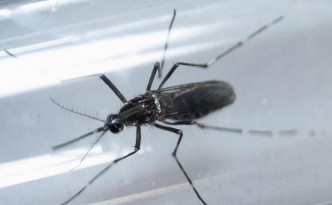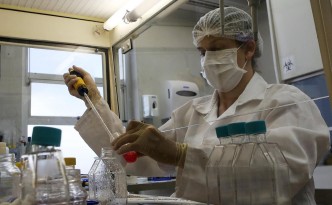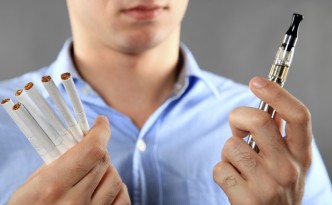WHO rejects calls to move Olympics over Zika fears
The World Health Organization has ruled out any change in timing or the location of the upcoming Olympic Games in Rio de Janeiro, shunning a call by doctors and scientists to shift the event over the Zika virus. An open letter addressed to the global health body signed by 150 international doctors, scientists and researchers Friday had called for the August Games to be moved or delayed to help prevent the spread of Zika virus. Holding the Games in Rio, the second worst affected city in Brazil, would be “irresponsible” and “unethical” and could risk spreading the virus to “poor, as-yet unaffected places” like Africa and South Asia, said the letter.




